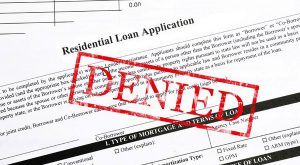
April 13, 2017
Mortgage Rate Trends: Still Moving Lower
Mortgage rate trends this week have been dragging rates to their lowest levels of the year. Around election time last year, we began to see the stage being set for some upward trending that pushed mortgage loan interest rates out of their three percent ranges and back into four percent territory. At one point it seemed likely that the mid-fours could be the range for the new year. But now, at least in the short term, we are seeing rates creep back down, closer to where they were pre-election (assuming the downward trend persists). There are several reasons for this, including bond market activity, geopolitics, and most recently a reaction to statements from the White House that the dollar is performing too robustly (paraphrasing ours). To learn more about what | more...







